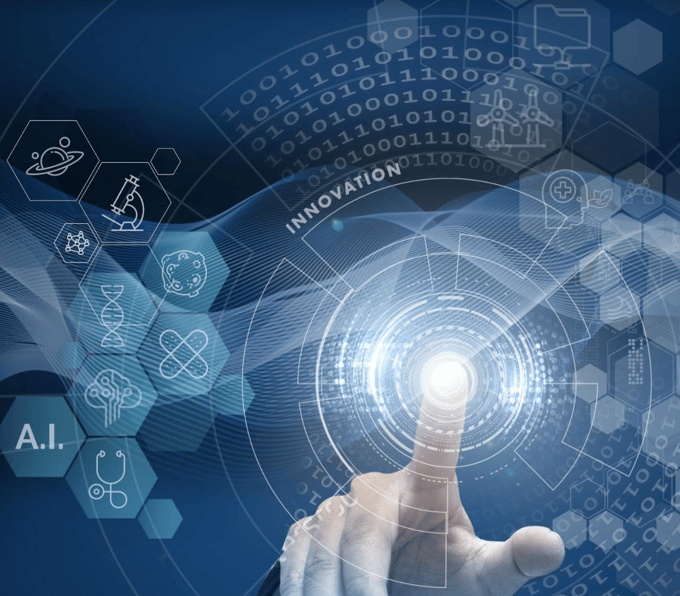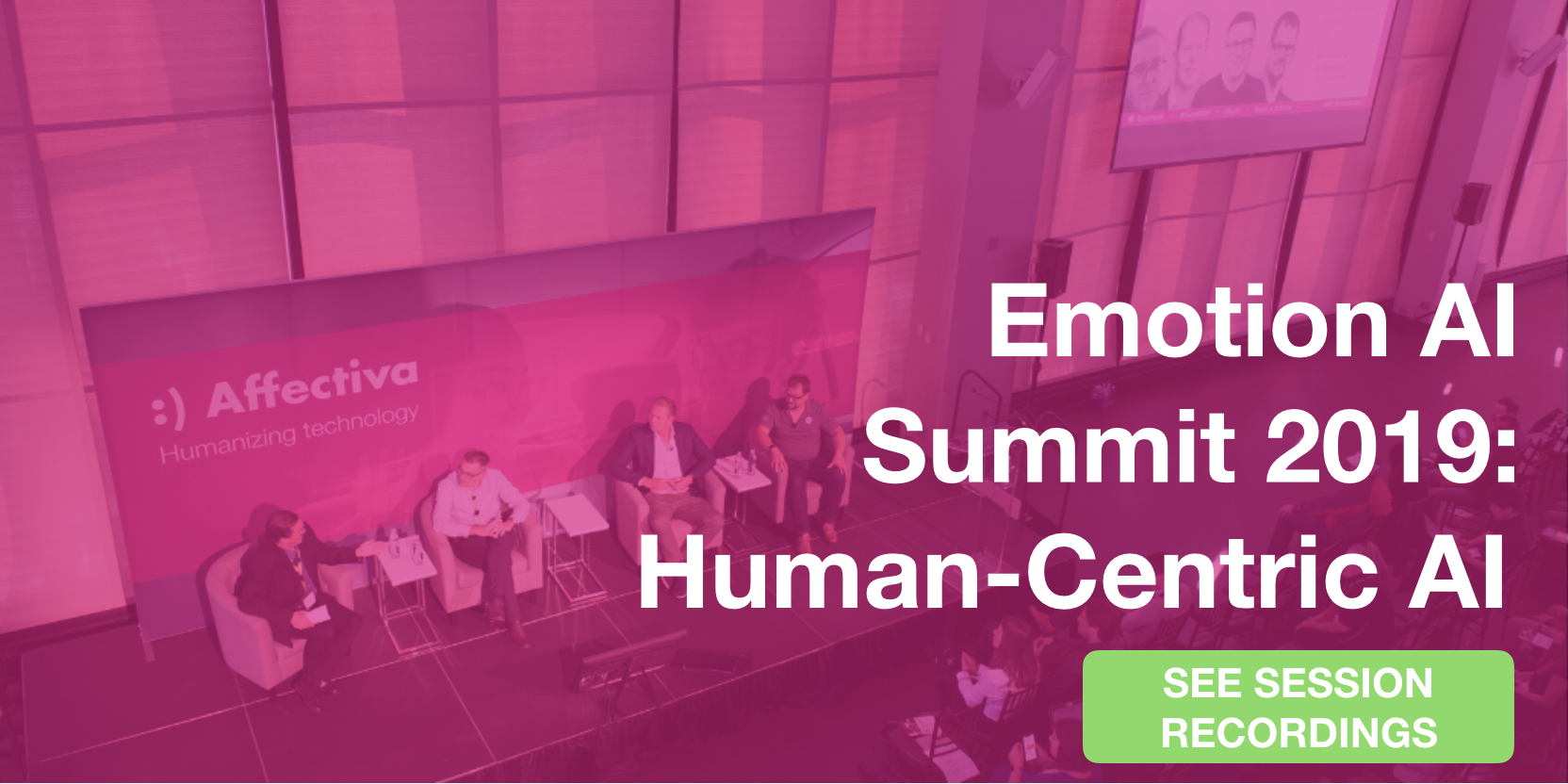By Rana el Kaliouby, Co-Founder and CEO, Affectiva
Emotions influence all aspects of our lives. From our health and wellbeing, to how we learn, connect, communicate and make decisions. Human emotional intelligence (or your EQ) is the ability to recognize emotions (your own and those of other people), and to use the emotion information to guide your behavior and achieve your goals. It is widely accepted that people with higher EQ lead more successful professional and personal lives -- they are more likable and more persuasive, tend to be more effective leaders, and generally lead healthier, happier and even longer lives.
In the new digital era, where hyper-connected smart devices and advanced AI systems dominate our communication and daily lives, what does EQ mean and how can it be integrated and collaborate with the technology?
![]()

Emotion AI is a branch of artificial intelligence that aims to bring emotional intelligence to AI systems. Our interactions with technology are becoming more conversational and more relational. The devices we use are more perceptual and are increasingly expected to interact with their users, the way people interact with one another. Advanced AI systems are expected to work hand in hand with humans: improving productivity in a work environment, assisting doctors and nurses in delivering care to chronically ill patients or the elderly, or engaging students and personalizing their learning experience. These systems need to have emotional intelligence, they must be able to read the emotions of their users and adapt their operation accordingly.
AI promises to bring automation, accessibility and improvement to quality of life. Emotion AI will make the experience more personal, authentic and persuasive. Two fields in which Emotion AI will play a role are in healthcare and education.
Today, when you walk into a doctor’s office you are not asked what your blood pressure is, they just measure it. In healthcare we have gotten quite good at measuring and quantifying our physical health, but we are not as efficient in measuring and quantifying our mental health. In this day and age, we are still asked to answer paper surveys and score rating scales to indicate our mental state or mood. Knowing that self-reported data is biased and unreliable, it does not make sense to assess an individual's mental health in such a manner – especially when we are treating serious afflictions such as depression and helping those who are at risk for suicide. With Emotion AI, we have the opportunity to quantify mental health in a way that was not possible before. And we can do this not just in the doctor’s office, we can do this on a continuous basis. What if we each had access to our personal emotion data? Your emotion profile would offer a baseline of what your typical mental state is. Very much like we track our fitness and physical health, we could now track our mental state and immediately know if we deviate from our own norm, sending alerts to our doctor if we chose to share this data. This has the potential to help people dealing with serious mental health issues.
In education, AI and Emotion AI get us closer to realizing personalized education with the potential to dramatically improve learning outcomes. Today, for example in online learning environments, it’s not until students take a test that we can see whether or not the education was effective. Corrective actions take place after the fact. What if we had intelligent learning systems that provided a personalized learning experience? Such a system would know you and your learning style, sensing your levels of engagement or frustration and then adapting in real time. It would offer a different explanation when you are frustrated, slow down a bit when you are confused, tell a joke when it’s time to have some fun … just the way an awesome teacher would. These intelligent systems would be able to take action just at the right time with a personalized experience.
In addition to healthcare and education, Affectiva’s Emotion AI is also transforming user experiences and business outcomes in gaming, automotive, robotics, market research, advertising, retail, human resources and many more areas.
We, at Affectiva, are excited to partner with the IBM Watson AI XPRIZE, by making Affectiva’s Emotion AI available to all participating teams. We are hoping to see these teams build the next generation AI systems that will transform how we as humans interact with technology We would like to encourage all XPRIZE teams to download our SDK and start integrating Emotion AI into their solutions. Get started at developer.affectiva.com.
(This post has previously been published on the XPRIZE website, and reposted with permission here)





